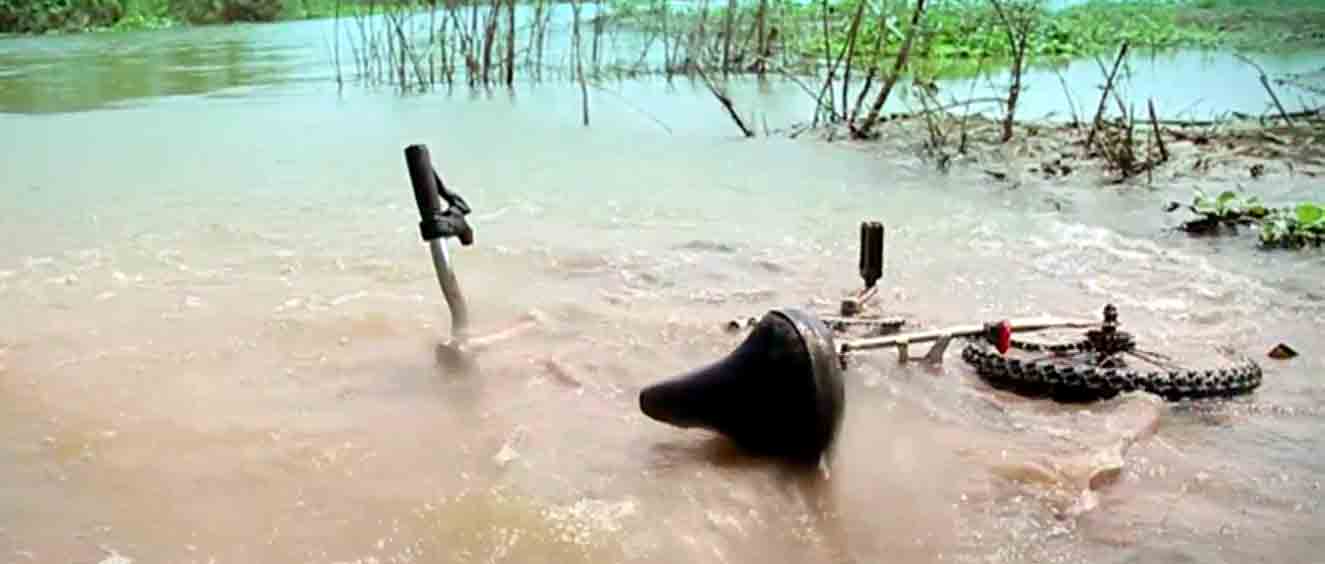The stories appear with depressing regularity in the press: young Cambodian women sent to Malaysia are abused by their employers. Overworked and underfed, sometimes they manage to return to their families; sometimes they die. Cambodian men escape after months or even years working in slave-like conditions on fishing boats or palm-oil plantations. Twenty-hour days, beatings, weeks with little or no pay at all are par for the course. Children are forced to beg on the streets or work as prostitutes.
Human exploitation comes in many forms, be it forced labour or sexual slavery, and is not limited to Cambodia. While it’s impossible to know the exact numbers, the United Nations estimates conservatively that there are 2.5 million victims of human trafficking around the world at any one time. The people and groups responsible for these misdeeds, the fastest growing form of transnational crime, earn tens of billions of dollars every year.
On June 20, Meta House continues its film series exploring the theme of human trafficking and exploitation with documentaries and discussions centred on this modern-day scourge. The 2011 short film Enslaved, produced by MTV, looks at exploitation in Cambodia and the region, featuring the voices of people who were searching for better lives but found a nightmare instead, as well as those who profited from their misery. Another short film, Beyond Borders, recounts the story of Cambodian Prum Vannak, who was held in virtual slavery on a Thai fishing boat, then on a palm oil plantation. His is a story of hunger, torture and crushing solitude. Once he managed to escape, only to be picked up by another broker. After three years, his torment finally ended.
Human trafficking takes place in more developed regions of the world as well. The extraordinary 2005 documentary Sex Slaves examines sex trafficking in Eastern Europe as one man tries to save his pregnant wife who has been sold to a pimp in Turkey. The film features interviews with traffickers, experts, police and women who were kept in sexual bondage. It contains undercover footage that gives viewers a glimpse into the frightening reality experienced by women trapped in this world.
In addition to the films, Ya Navuth, executive director of the anti-trafficking NGO Caram, will be on hand to talk about migration and how it can be made safer. “There is a lack of any kind of mechanism in place for people who find themselves in trouble,” he said. “Take for example the recent maid cases in Malaysia: the women should know who to turn to if things start going wrong.”
Due to the stubbornly high levels of poverty in Cambodia, the Kingdom’s population remains especially vulnerable to trafficking and exploitation, experts say. With a large percentage of people under the age of 20 and work opportunities in rural areas limited, the number of Cambodians desperate to earn a livelihood for themselves and their families and willing to migrate to unknown cities or countries to do so is huge. Too many fall prey to unscrupulous individuals. What’s even more tragic is that sometimes the traffickers are the victims’ own neighbours, friends or even family.
WHO: Cinema lovers with a conscience
WHAT: A rare glimpse into exploitation
WHERE: Meta House, #37 Sothearos Blvd
WHEN: 7pm July 20
WHY: Understand the nature and scale of the problem




